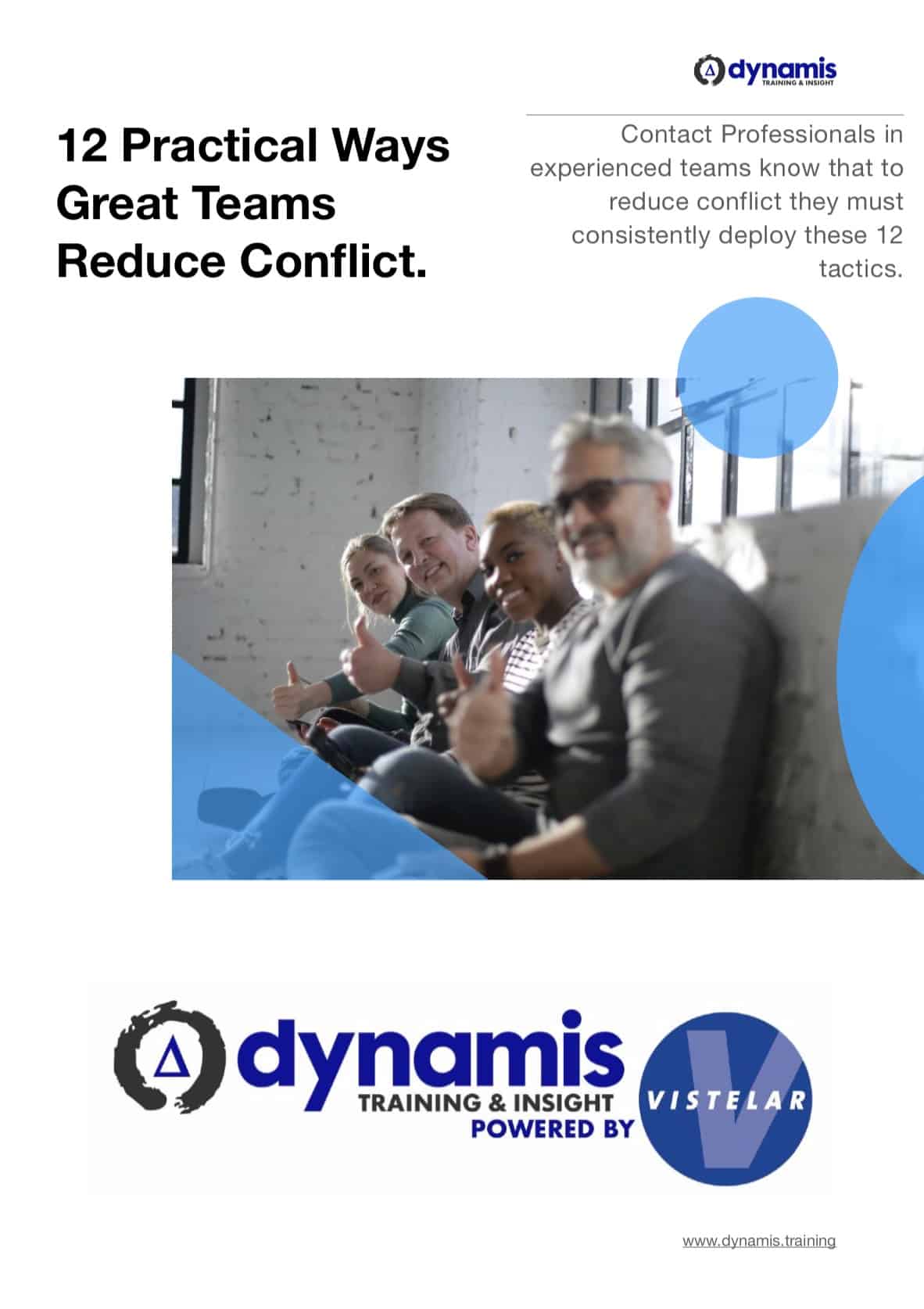Learning Disability Service
Learning Disability Service Case: A charity organisation serving children with disabilities and their families, providing day and overnight short-term respite services asked Dynamis to assist with training needs for their staff. A number of incidents had happened recently in this Learning Disability Service which prompted them to address staff and client safety.
Who engaged Dynamis:
The directors of the Learning Disability Service charity, an experienced senior carer and an ex-police officer, sought out and found us.
Why Dynamis was asked to help:
This Learning Disability Service had been experiencing particular challenges in managing the behaviours of some children they look after. In one case a female senior carer with many years of experience in working with children with disabilities was suddenly assaulted by one of her clients. This prompted a training needs analysis and the commissioning of our one-day Physical Interventions Awareness workshop.
Our initial analysis:
At the time, this training would be strongly guided by the Department of Health guidance from 2002 which specifically informs the use of restrictive physical interventions with children and adults with learning disabilities and/or Autistic Spectrum Disorder. This guidance contained excellent advice for staff who are making critical decisions about how to safeguard themselves and their clients during a behavioural crisis.
Training Delivery:
This type of training takes place over one full day and begins with a discussion of triggers and environmental factors which influence the frequency and severity of crisis incidents in the care service. These factors are part of a ‘Primary Prevention’ strategy recommended in the guidance. We then progress to a discussion on Duty of Care and this leads to a detailed dissection of the issues of using force to make crisis situations safe. In the second half of the day we explore tactics with the staff which assist them to stay safe while working with their clients, including how to immobilise and restrain them physically when it becomes absolutely necessary to do so.
Outcomes:
Staff reported increased confidence in working with challenging behaviours and were using more creative strategies to de-escalate and defuse the clients. The physical training had removed the ‘question-mark’ about what staff should and can do if their efforts to defuse and de-escalate have failed, enabling them to be more creative in the moment. Our experience in helping Learning Disability Services through years-long training programmes tells us that when staff have some knowledge of how the assault phase of a conflict will play-out (which they have mentally-modelled during training) this releases more of their cognitive resources to concentrate on the here-and-now of defusing the client. Staff who can effectively manage the client physically (if they need to) are often then more competent at communicating effectively with them during the crisis.
Learn More:
https://www.dynamis.training/prevention-and-management-of-violence-and-aggression/
https://www.dynamis.training/pmva-training-reaction-time/


